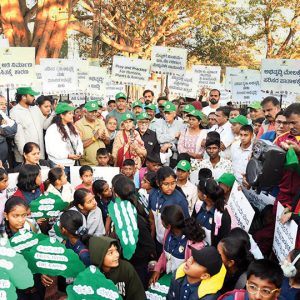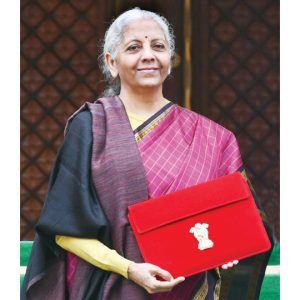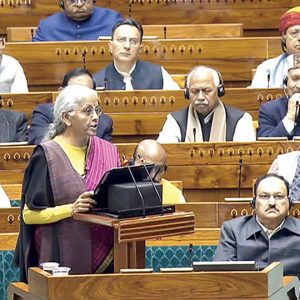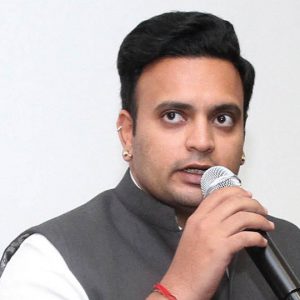Economists, with their armour of eloquence boasting their faculty of astute analysis followed by clear presentation of the state of health or otherwise about the land’s economy are often the butt of light-hearted ridicule even as they adore the progress on one hand and downgrade the regress on the other hand prompting a wit to favour economists with only one hand. Jokes apart, the verdict of economists at large and the fraternity of academics who keenly follow the march of the nation in its arduous journey of sustained overall progress that the country has a commendable stock of human resources with skills of global standards is heartening while the reported mass of unemployable educated youth as well as millions of unemployed hold mirror to the below par performance of the land’s successive governments these seven decades since the country attained the distinction as a sovereign independent nation. The scenario of a disturbed nation has its roots in these worrisome features waiting to be addressed urgently.
In cases such as the erstwhile princely State of Mysore, particularly during the near-half-century rule of Nalwadi Krishnaraja Wadiyar, credit is hogged by the ruling class for good governance marked by wellness of people, masking the contributions of people themselves in sync with the government as an eminent example of synergy. That magical relationship between people and the ruling class seems to have vanished into thin air, given the discord between the two sides, thanks to the kind of netas and their followers ruling the roost.
Law-making in the land by bodies of elected representatives at levels from that of the nation’s Parliament all the way down to various regional and local bodies including State Legislatures and Municipalities as well as Corporations requires elaborate infrastructure to implement the mass of laws ostensibly to provide good governance. The devices that constitute the infrastructure established for effective implementation of the laws by the law-keeping wing of the government and also enable the people to comply with the law are in a long list. Signal lights at road crossings to monitor vehicular traffic and Closed Circuit Television Cameras (CCTVs) to record movement of people are just two examples of such devices that ought to be kept in functioning condition 24×7. Are they functioning as required? This question is begging for an answer.
In sum, dysfunctioning devices and government employees, barring exceptions, compounded by disgruntled sections of society has made the task of good governance beyond the competence of the current crop of people’s elected representatives wielding power and authority for serving their good preferentially.








Interesting to note that during the Krishnaraja Wadiyar rule spanning a few decades, India was not independent, hence no democracy then,and hence no messing up by politicians. There was a benevolent ruler, aided by expert administrators, who cared for their people. Interesting also, that was under British rule of India, when they left local administrators to get on with their work.I have heard corruption was almost non-existent , and where it was spotted the perpetrators were severely punished.
Thanks to the seven decades of misrule by politicians, India has become a cesspit of corruption and the cancer of corruption has taken a firm hold at the political , institutional and societal dimensions. No escape from this, I am afraid.